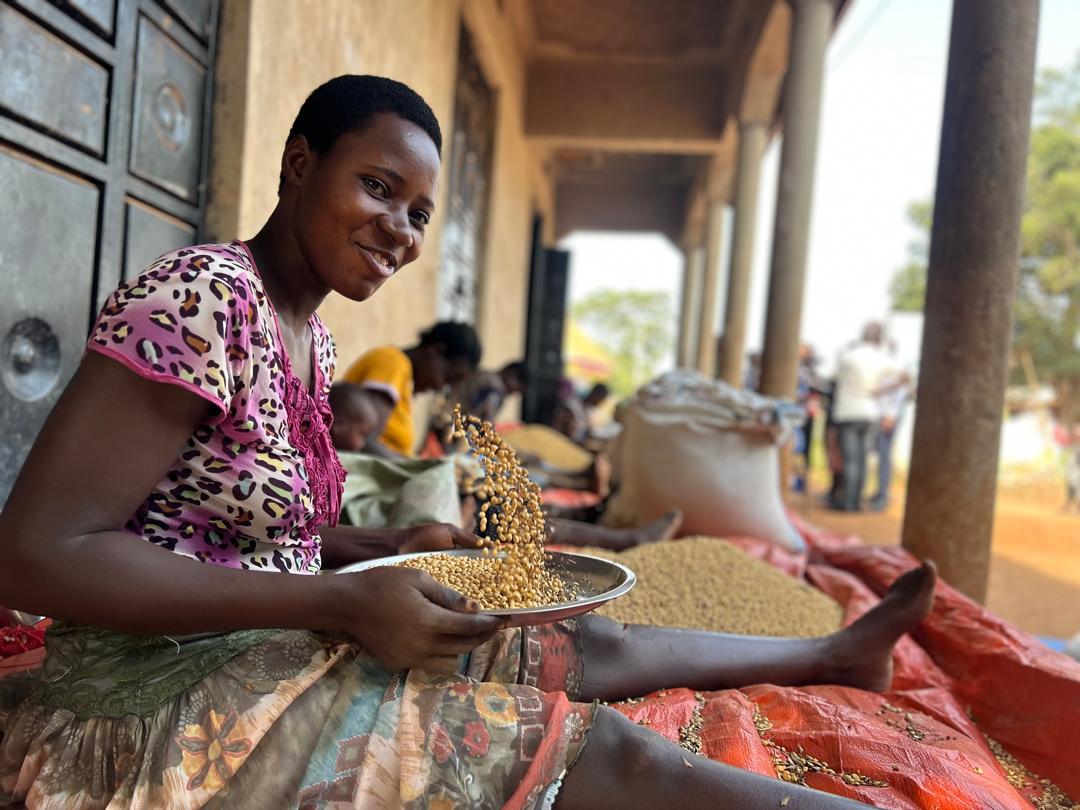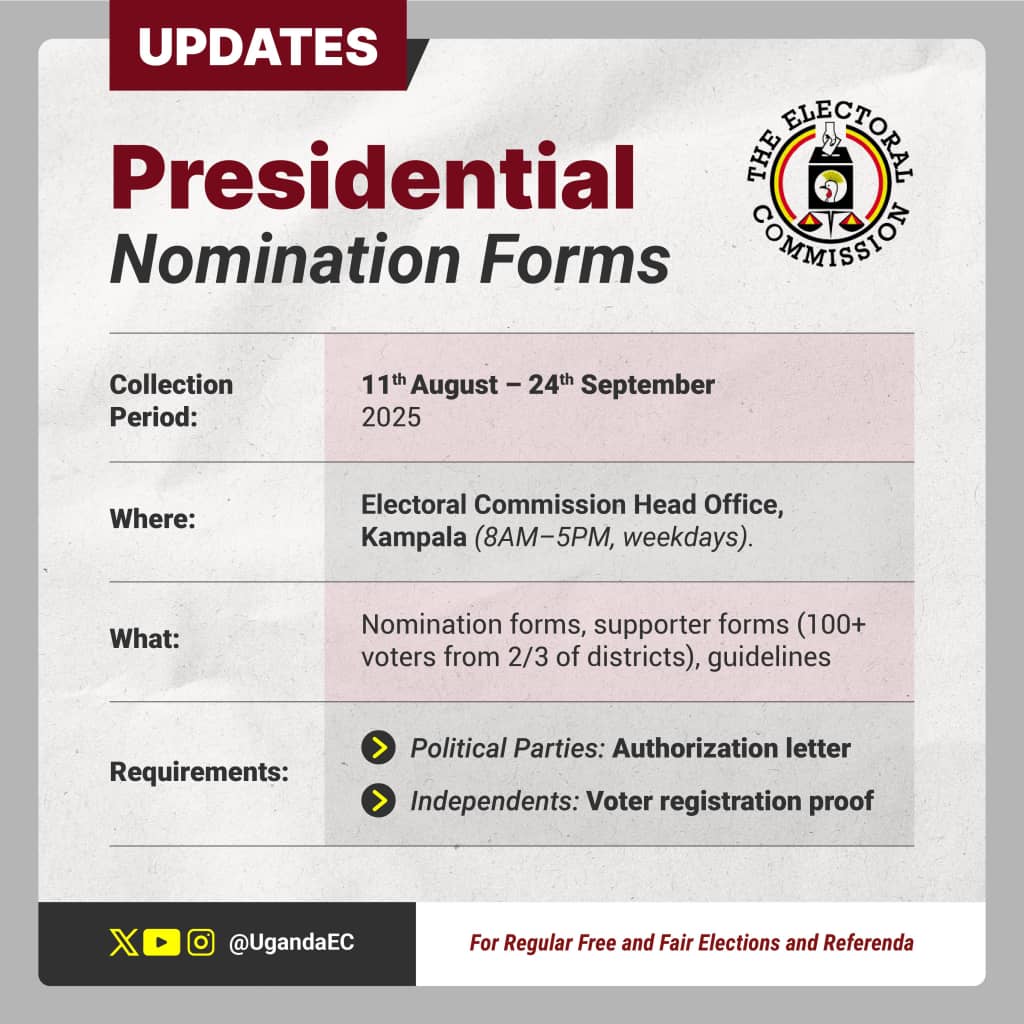At first glance, Claire Ollama didn’t seem like the one who would steal the spotlight.
A cheerful, round-faced woman with short black hair, dressed modestly in a black coat and a green, she quietly took her seat behind the table at the routine joint security briefing held at the Police Headquarters in Kampala.
The event was expected to follow the usual script, but she turned around this trend.
Her voice, calm and crisp in English, opened the briefing with practiced ease. But what followed next took the room by surprise. In a fluid, almost melodic rhythm, Ollama shifted from English to Luganda… then Lusoga… then Runyankore, Acholi, Alur, Swahili, and Arabic each delivered as though it were her native tongue.
By the time she concluded her remarks, composed and precise, journalists and security officers sat in stunned admiration. It was more than public communication. It was a masterclass in linguistic dexterity.
“If there were Language Olympics,” wrote Patrick Oyulu, a public health specialist, on his X page (formerly Twitter), “Claire Ollama would be taking home gold, and still have enough breath to read the 7 o’clock news.”
Ollama, the registrar at Uganda’s National Identification and Registration Authority (NIRA), has since become a national marvel, not for enforcing policy, but for the grace with which she delivers her message.
Born and raised in Paidha in northern Uganda, she commands a linguistic arsenal that includes English, Luo, Kiswahili, Runyankore, Luganda, and more.
But her gift goes far beyond vocabulary. She doesn’t merely translate; she connects, bridging complex bureaucratic information with the warmth of familiar language and cultural empathy.
Speaking in someone’s local language comes with respect. It’s how we preserve our cultures, promote African diversity, and connect with citizens where they are.
Though Ollama doesn’t wear a uniform, her role at NIRA has evolved into one of public symbolism. The agency itself is often known only in moments of frustration, when an ID goes missing, or biometric data seems to vanish.
Yet in Ollama’s hands, NIRA’s voice has taken on clarity and credibility.
“People are starting to pay attention,” said a colleague. “Not just to what NIRA does, but how we speak to them. Claire has made that possible.”
In an era where public trust in institutions is fragile, her multilingual approach is more than a skill, it’s a strategy for civic engagement. Her delivery is marked not by flair, but by precision and sincerity. It’s not performative; it’s purposeful.
For journalists, especially, her presence is always a relief at a presser. “We no longer scramble for interpreters,” said one local reporter. “Claire gives us the news in the very languages our audiences understand best.”
Whoever handles human resources at NIRA, Ollama isn’t just doing her job, she’s transforming what it means to serve.
As one observer put it: if more public officials spoke to Ugandans like her, we’d all be lining up early, not out of obligation, but for the honor of being heard.
For young Ugandans watching her, Ollama is more than a public official, she’s a role model. Proof that you don’t need a title to command a room. Just fluency, humility, and a deep respect for the people you serve, and love for your country.


















